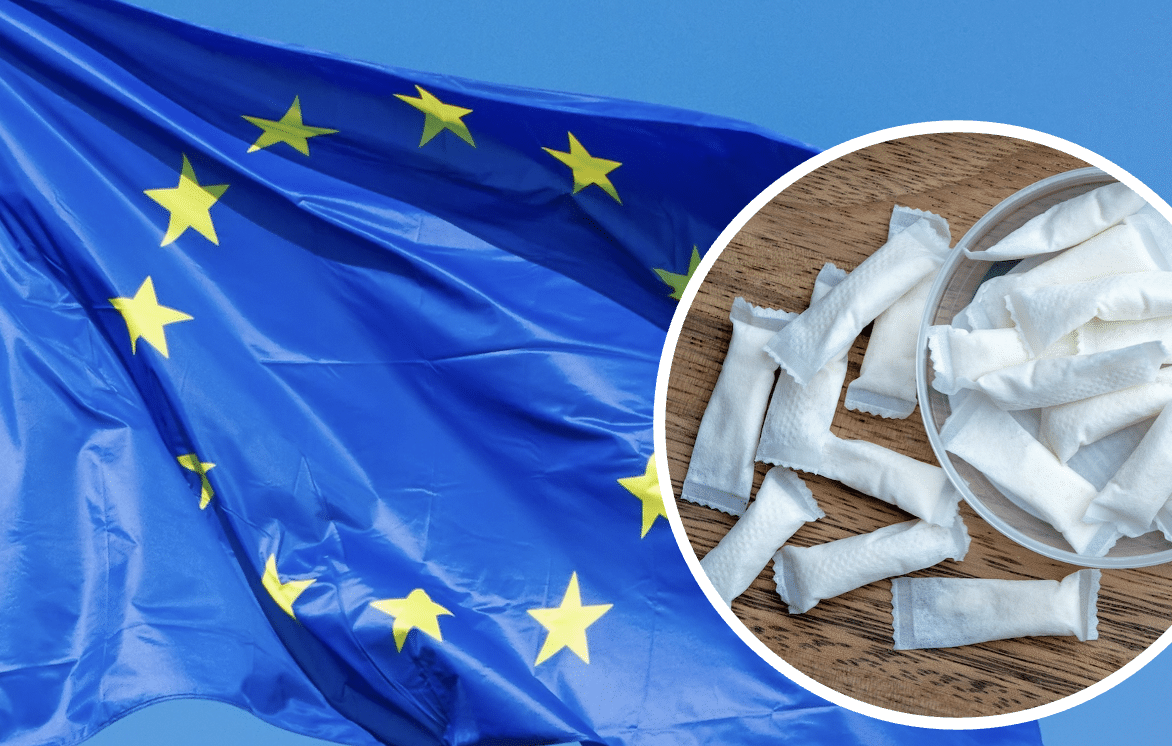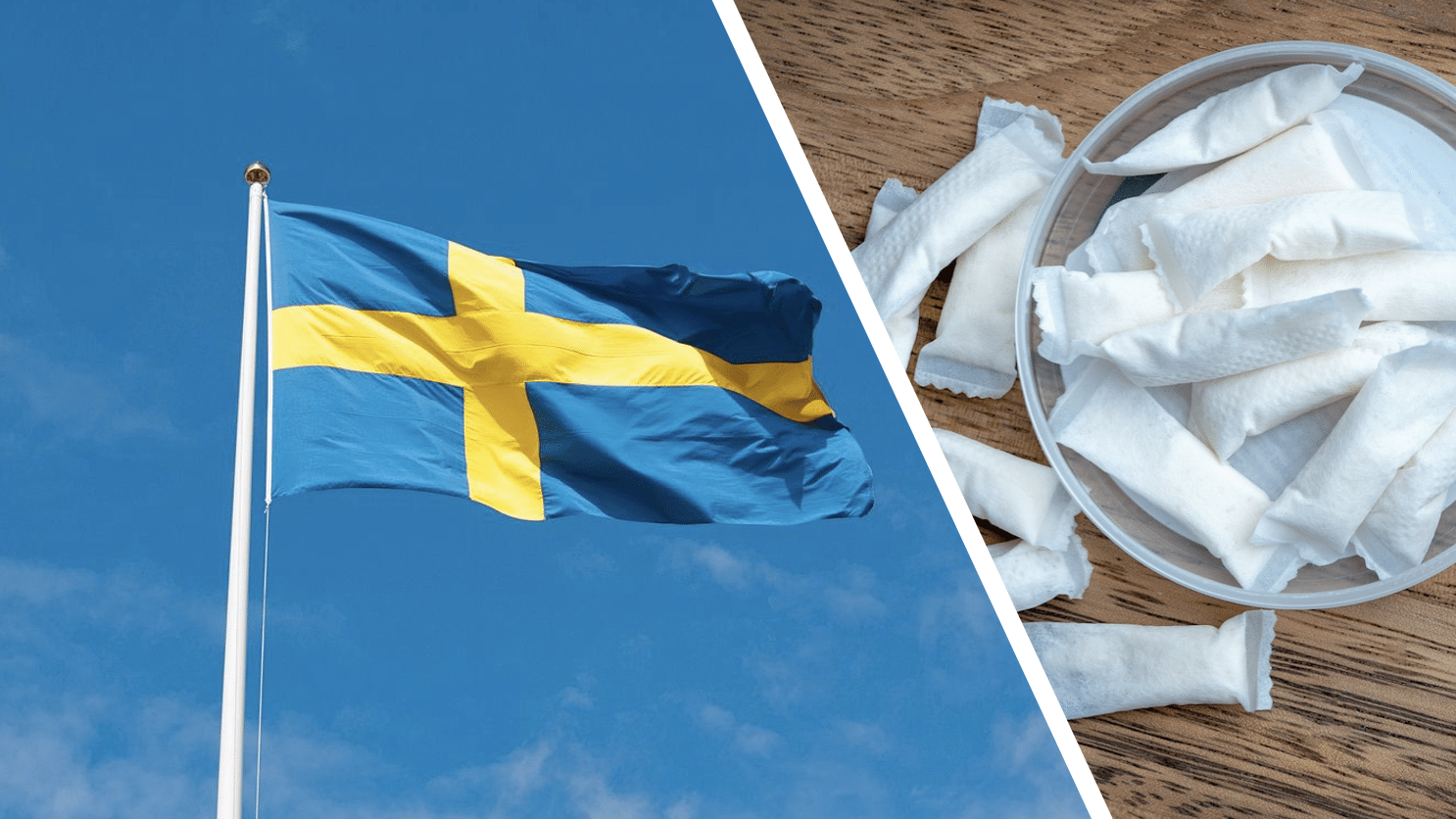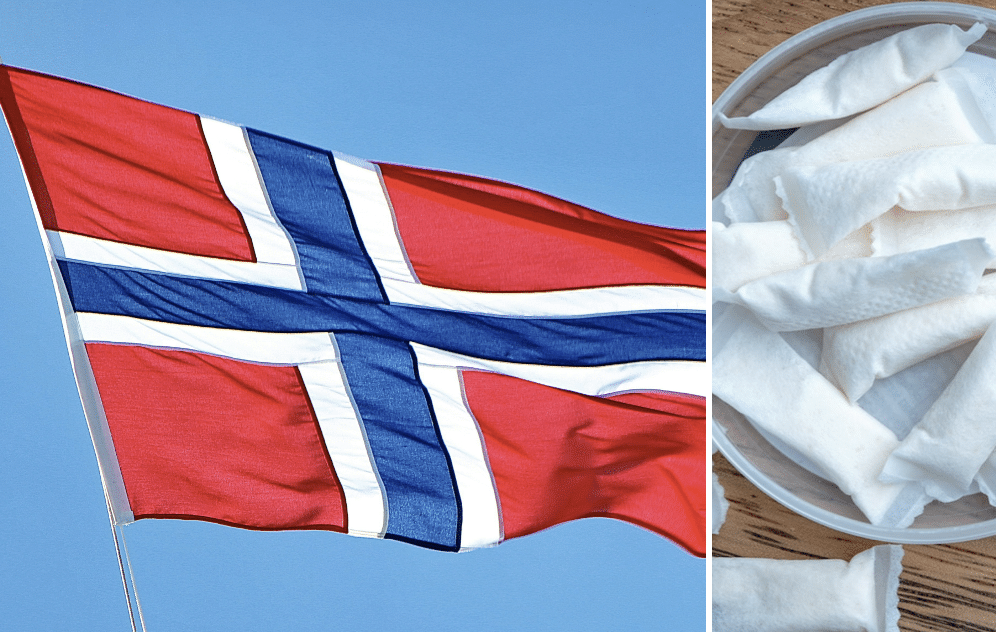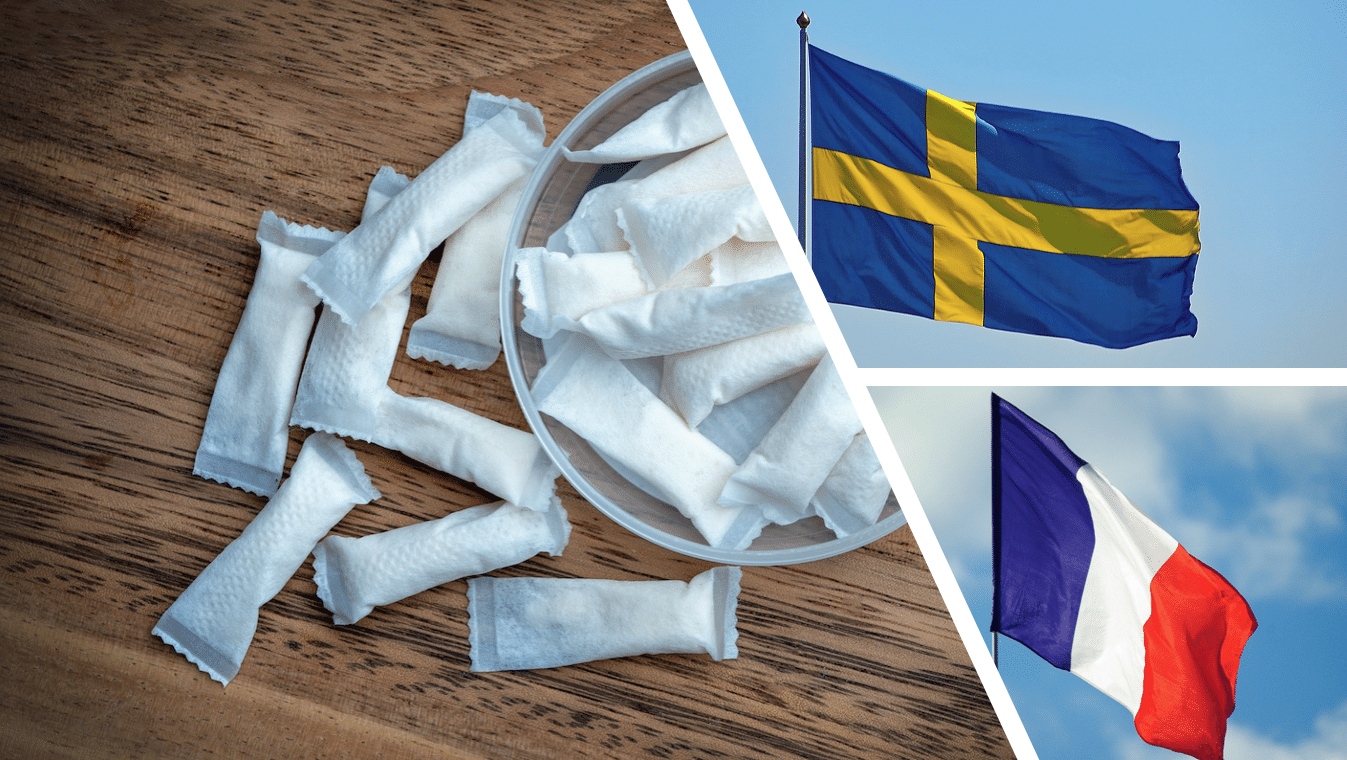
Will the EU’s final BECA report include harm reduction?
As bureaucrats in Brussels wade through more than 1,500 suggested changes to the EU’s proposed plan for fighting against cancer, it remains unclear whether the European Parliament’s BECA report will incorporate harm reduction.
For more than a year, the Special Committee on Beating Cancer of the European Parliament (BECA) has overseen the legislative work involved with drawing up a final plan meant to guide Europe’s efforts to combat cancer.
The committee, chaired by Polish MEP Bartosz Arłukowicz, is tasked with establishing concrete recommendations for EU member states and institutions to strengthen the EU’s “resilience against cancer”.
Cancer claimed 1.3 million lives in the EU in 2020, with more than 100 million Europeans expected to be diagnosed with cancer in the next 25 years.
In order to combat the problem, the EU presented a comprehensive Beating Cancer Plan earlier this year, calling for €4bn in spending to improve prevention, treatment, and care.
One of the plan’s main priorities is to “ensure that less than 5% of the population uses tobacco by 2040”. The plan’s focus on reducing tobacco use rather than on reducing the harm caused by tobacco left many harm reduction advocates frustrated.
“By focusing on tobacco use, not smoking, the Commission implicitly rejects the value of switching from high-risk tobacco products like cigarettes to low-risk tobacco products like snus. This is a grave error, but I doubt it was an accident,” harm reduction advocate Clive Bates told Snusforumet at the time.
1,500 BECA report amendments to review
And judging by the number of proposed amendments submitted to BECA, it appears there is no shortage of MEPs who also have concerns about the EU beating cancer plan’s current formulation.
“There are clearly several voices in the European Parliament who believe that harm reduction is fundamental to the fight against cancer. But there are also plenty of MEPs who don’t see things that way,” says Cecilia Kindstrand-Isaksson, Swedish Match’s Director of Public Affairs in Brussels.
MEPs submitted more than 1,500 amendments for inclusion in the final BECA report, several of which sought an increased emphasis on scientific evidence or highlighted the need for the final plan to include tobacco harm reduction.
An amendment submitted by MEPs Peter Kofod, Joëlle Mélin, Angelo Ciocca, for example, called for references to “experiences from Europe showing that smokeless nicotine products constitute a less harmful alternative to cigarettes”.
MEPs Ondřej Knotek, Irena Joveva, Alin Mituța, meanwhile, called for excise duties on tobacco and nicotine products “proportionate to the health risks they represent to their users”.
Swedish MP Johan Danielsson’s amendments focused specifically on snus, including the importance of maintaining Sweden’s exemption to the EU ban on snus. Danielsson also hoped to loosen the ban by enabling other member states to “allow the sale of certain types of tobacco for oral use, ‘snus’, should a Member State express a desire to do so”.
MEP: Sweden ‘best practice’ for beating cancer
Another Swedish MEP, Charlie Weimers submitted an amendment together with Pietro Fiocchi of Italy calling for scientific evaluation of the “relative risks of new tobacco-free nicotine products”, adding that consumers who currently use more harmful products like cigarettes “should be encouraged towards using products with scientifically proven reduced risks”.
Speaking with Snusforumet, Weimers says his motivation for submitting the amendment was to ensure the EU remained open to alternatives that could help smokers switch to less-harmful alternatives.
“Sweden has the lowest smoking prevalence in Europe and amongst men the lowest rate of lung cancer. It’s not necessarily because we use less nicotine, but many nicotine users have switched to less harmful alternatives,” he explains.
He believes the EU would be well-served to look to Sweden for clues about how to fight cancer.
“Right now, in terms of beating cancer, the best practice is the Swedish example,” he says.
“It’s important that we in the EU learn from each other’s experiences.”
Targeting smoking instead of tobacco?
Reading the tea leaves regarding exactly where the BECA committee stands on harm reduction has been a challenge.
Harm reduction advocates were given hope, for example, by language in an October debate article penned by BECA Rapporteur Véronique Trillet-Lenoir.
In the piece, she addresses the importance of prevention as one of the four “main areas of action” for the EU’s beating cancer plan. But rather than echoing the original plan’s call for a drop in all tobacco use by 2040, Trillet-Lenoir targets smoking specifically.
“We propose a strong target on smoking: ‘a smoke-free generation’ by 2040,” she writes.
And minutes from a November 8th BECA meeting where amendments were discussed further indicate Arłukowicz and his colleagues are at least aware of the fundamental principle of harm reduction.
Proposed flavour ban ‘disastrous’
Among other things, the document states that e-cigarettes, for example, “can help heavy smokers to give up smoking”.
However, the document goes on to say that the smoking cessation potential of alternative nicotine products must not allow them to be a “gateway for children to start smoking”, leading BECA to conclude e-cigarette flavours that are “attractive for children” should be banned.
Concerns about “unintended consequences” of additional flavour restrictions prompted the European Tobacco Harm Reduction Advocates (ETHRA), which represents 27 million EU consumers of safer nicotine products, to submit a letter to BECA members.
In the letter, ETHRA says it would be “disastrous” if the EU’s beating cancer plan included further restrictions on reduced-risk products.
“The current focus on youth use ignores the fact that the most at-risk groups for developing smoking-related cancers are citizens who are elderly and middle-aged,” the group writes.
“We also know that a primary risk factor for youth smoking is whether someone in the family smokes, so allowing adults to use appealing products to quit smoking is actually preventative against youth smoking.”
With more than 1,500 compromise amendments to consider, BECA members have had a busy autumn. In between official meetings, Shadow Rapporteurs have been hard at work trying to find an agreement on which amendments will be included in the compromise report.
BECA report vote in December
Swedish MEP Weimers admits it’s “difficult to say” whether any pro-harm reduction compromise amendments will ultimately be included in the final BECA report.
He fears that MEPs advocating for flavour bans could “close the door for less harmful substitutes”, calling a potential flavour ban the “biggest risk” to ensuring Europe’s smokers have access to less-harmful alternatives.
Kindstrand-Isaksson of Swedish Match is equally uncertain as the December vote approaches.
“We’ll have to wait for the final vote on the BECA report before we know for sure where the European Parliament stands on tobacco harm reduction,” says Kindstrand-Isaksson.
She explains there is clear evidence from Scandinavia and elsewhere that flavours play an important role in making it easier for smokers to switch to less harmful alternatives like nicotine pouches or e-cigarettes.
“If the EU tries to ban flavours in nicotine products, it will undoubtedly have negative consequences in terms of offering current smokers an alternative to cigarettes,” she tells Snusforumet, adding that the industry obviously supports marketing restrictions and other measures to keep nicotine products out of the hands of young people.
“But rather than helping fight cancer, a flavour ban would simply make it harder for Europe’s adult smokers to switch, forcing them to keep using cancer-causing cigarettes.”
Subscribe to the Snusforumet newsletter
Subscribers receive instant access to the story behind the EU snus ban by author Christopher Snowdon.
By subscribing to our newsletter, you agree to allowing Snusforumet to use your email address to contact you with news and marketing. materials. Read more about how we process your personal information in our privacy policy.




